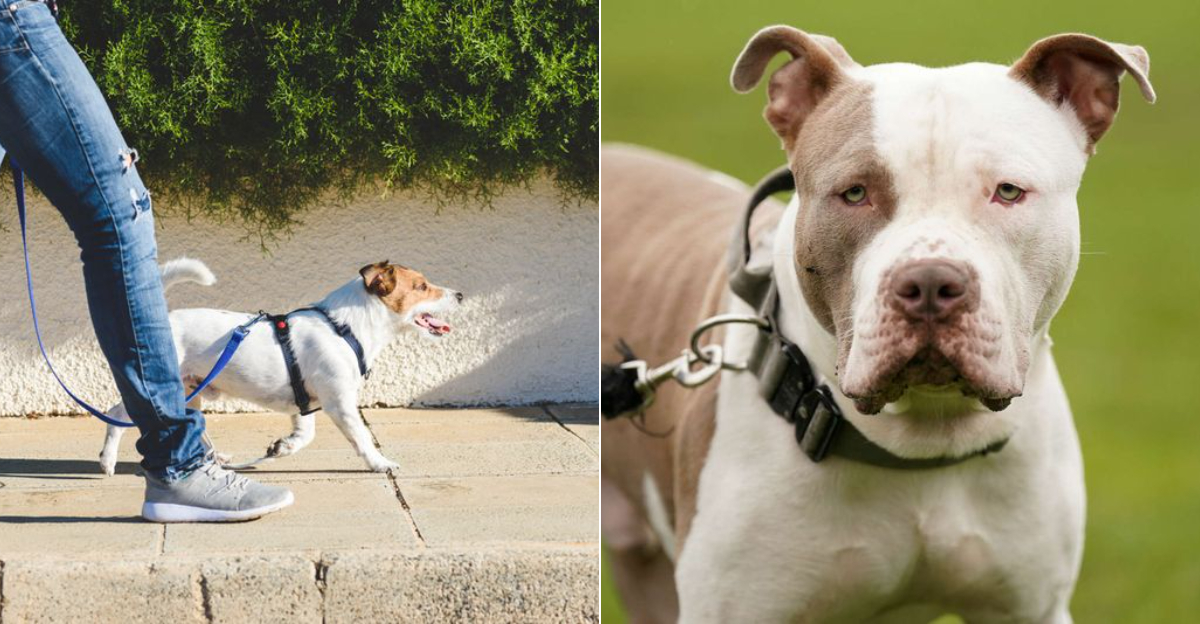Recently, my neighbor got a hefty fine for walking his dog without a leash in our Austin neighborhood.
Turns out, Texas has some seriously strange pet laws that most of us break daily without even realizing it.
From how many furry friends you can legally house to what happens when you spot roadkill, the Lone Star State has rules that might surprise even the most law-abiding pet owners.
1. Microchipping
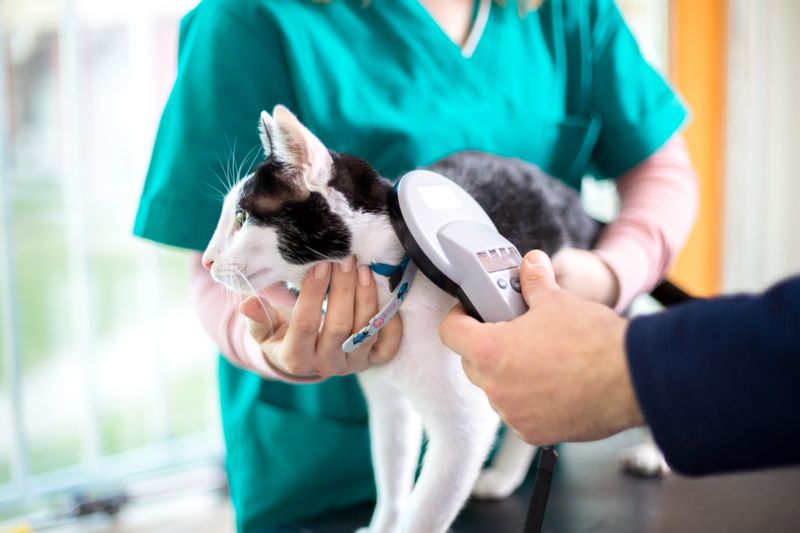
In many Texas cities like Dallas, Austin, and San Antonio, microchipping your fur baby is mandatory. It might seem insignificant, but skipping this requirement could land you with fines ranging from $100 to $500.
Most pet parents assume a collar with tags is sufficient identification. Wrong! Even indoor cats need microchips in these jurisdictions. The law typically requires implantation within 30 days of acquiring your pet or moving to the city.
The good news? Most animal shelters and many veterinary clinics offer low-cost microchipping services for under $25, making compliance relatively painless for your wallet and literally painless for your pet.
2. Pet Limits On Residential Areas

Did you adopt one too many strays? You might be an accidental criminal!
Many Texas municipalities impose strict limits on how many pets you can legally house under one roof. Houston caps residences at 3 dogs and 3 cats, while Fort Worth allows up to 5 total pets.
The enforcement usually happens only after neighbor complaints about noise, odor, or other nuisances. But once animal control gets involved, those extra furry friends could cost you – penalties often start at $200 per animal exceeding the limit.
Some cities offer multiple-pet permits for responsible owners willing to pay fees and submit to property inspections. Worth checking your local ordinances before bringing home that adorable shelter puppy!
3. Dangerous Dogs Insurance Mandate
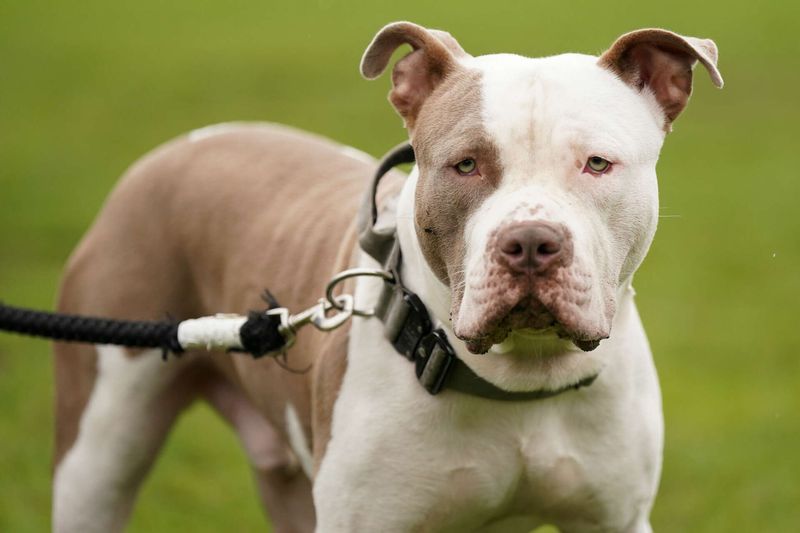
Own a Rottweiler, Pit Bull, or any dog with a bite history in Texas? Your furry friend might require special insurance coverage. Under Texas Health and Safety Code Chapter 822, owners of officially designated “dangerous dogs” must maintain at least $100,000 in liability insurance.
The kicker? Your pup doesn’t need to actually bite anyone to earn this label. In some jurisdictions, aggressive behavior like charging at passersby through a fence is enough. Once designated, failing to secure proper insurance isn’t just a financial risk but it’s a criminal offense.
Many homeowners mistakenly believe their regular policy covers this requirement. Unfortunately, many insurance companies exclude certain breeds or require separate riders, leaving owners unknowingly non-compliant and legally vulnerable.
4. Prohibition on Shooting Stray Animals
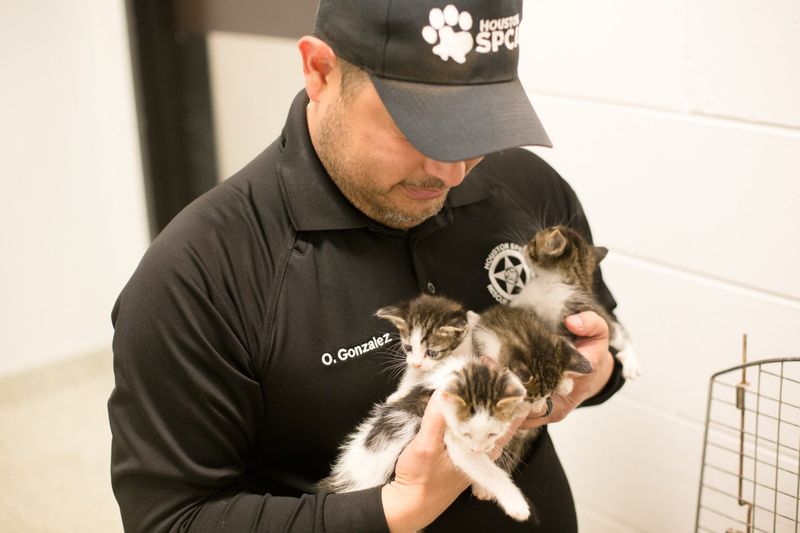
Texas law strictly prohibits citizens from shooting, poisoning, or otherwise harming stray animals – even on your own property. Many rural Texans grew up with the notion that handling animal problems personally was acceptable. The reality? It’s a misdemeanor offense carrying fines up to $4,000 and potential jail time.
Even humane trapping can be illegal without proper permits in some jurisdictions. The proper protocol involves contacting local animal control services, who have legal authority to capture and process strays.
While it might feel less immediate, it keeps you on the right side of increasingly strict animal welfare laws that reflect changing public attitudes.
5. Exotic Pet Bans Vary Wildly By County

That cute capuchin monkey might be perfectly legal in Brewster County but a serious felony offense in Harris County. Texas exotic pet laws are a bewildering patchwork that changes dramatically as you cross county lines.
While state law regulates “dangerous wild animals” like lions and bears, each county sets its own rules for non-dangerous exotics.
Hedgehogs? Legal in Dallas, banned in Galveston.
Sugar gliders? Permitted in Austin, prohibited in El Paso.
The sneaky part? Moving residences can instantly transform your beloved exotic pet from family member to contraband. Penalties range from confiscation to criminal charges, and ignorance of local regulations provides zero legal protection.
6. Unusual Leash Law Variations

Retractable leashes might be convenient, but they’re actually illegal in several Texas cities! While most people know leash laws exist, the specific requirements vary dramatically.
San Antonio mandates physical leashes no longer than six feet, while Austin prohibits electronic containment systems as acceptable restraints in public areas. The truly bizarre twist? Some municipalities differentiate between “physical control” and “leash requirements.” In Plano, for instance, a well-trained dog under voice command can technically be considered legally restrained without a physical leash in certain areas.
Enforcement tends to be complaint-driven, but fines start around $85 for first offenses and escalate quickly for repeat violations. The safest approach is a traditional 6-foot leash unless you’ve thoroughly researched your specific local ordinances.
7. Roadkill Collection Restrictions
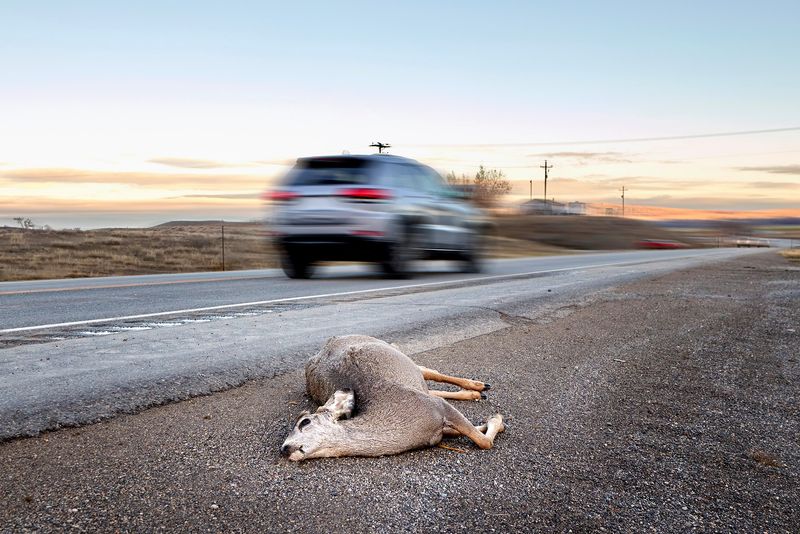
Texas law prohibits the collection of roadkill without proper permits, even when the intention is feeding it to pets like snakes or monitor lizards. This regulation stems from Texas Parks and Wildlife Department concerns about disease transmission and wildlife conservation.
Many pet owners mistakenly believe that since the animal is already deceased, collection restrictions don’t apply. Wrong! The law makes exceptions for scientific and educational purposes, but these require special permits.
The penalties aren’t typically severe for first offenses, but repeat violations can result in hefty fines. Commercial pet food remains the legally safest option for carnivorous pets, regardless of how wasteful roadkill non-collection might seem.
8. Community Cat Programs
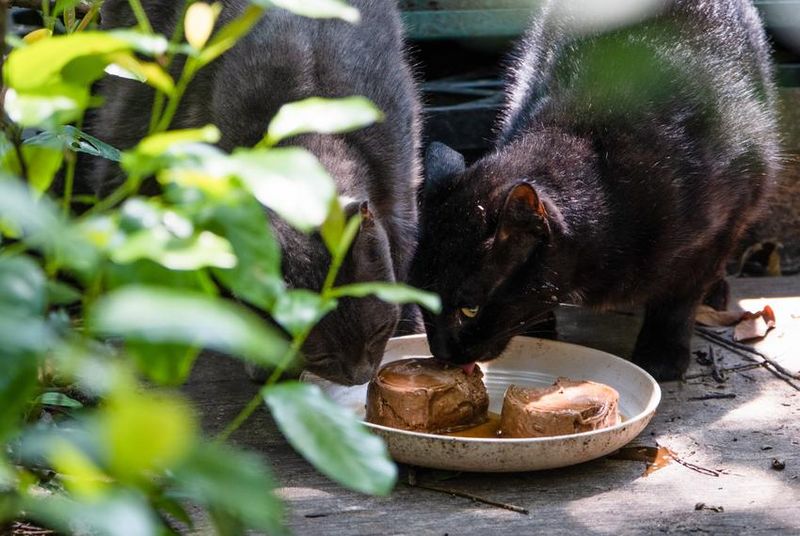
That bowl of kibble you leave out for neighborhood strays? It might violate local ordinances. Several Texas cities have implemented Community Cat Programs with strict guidelines about feeding feral cats – including mandatory registration as a “colony caretaker” and requirements to spay/neuter any cats you regularly feed.
Dallas and Houston both consider anyone who feeds a feral cat more than three times to be legally responsible for that animal’s care and sterilization. The well-intentioned food provider who skips these steps faces fines starting at $75 per violation.
The regulations aim to control feral populations humanely while preventing the problems that unmanaged colonies create. Many cities offer free trap-neuter-return programs to help residents comply, but the onus remains on the feeder to participate properly.
